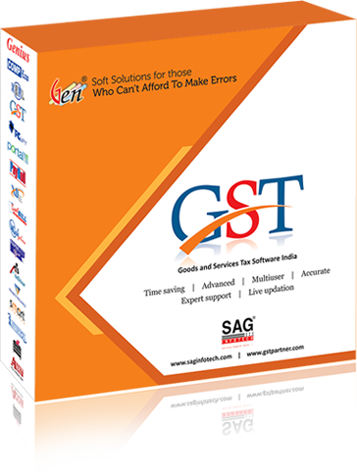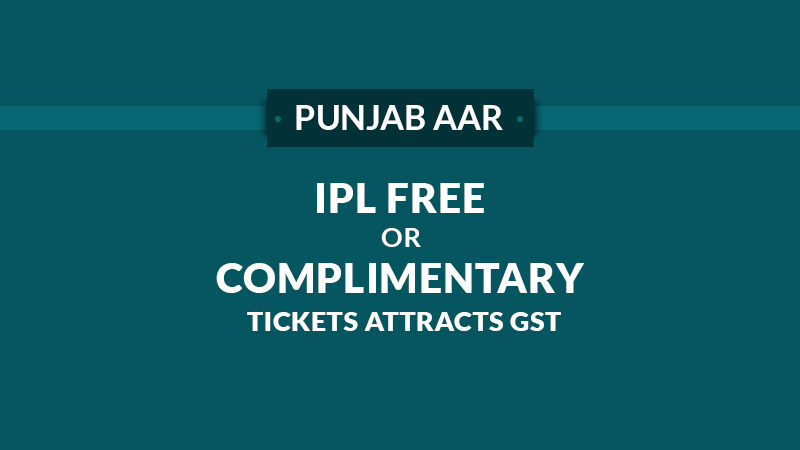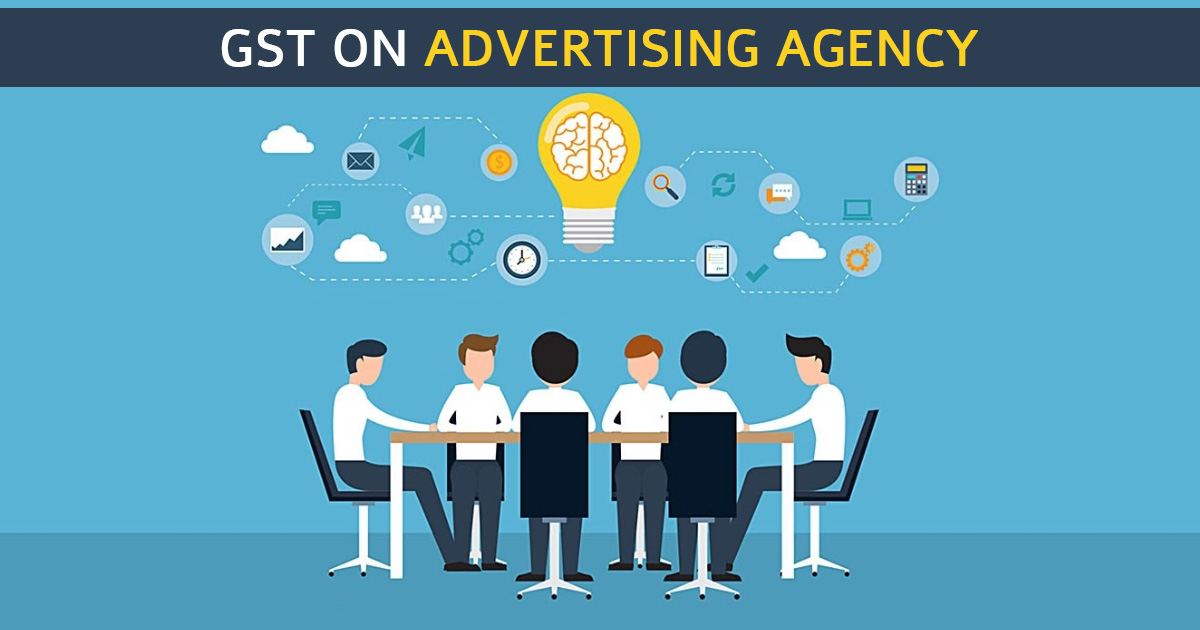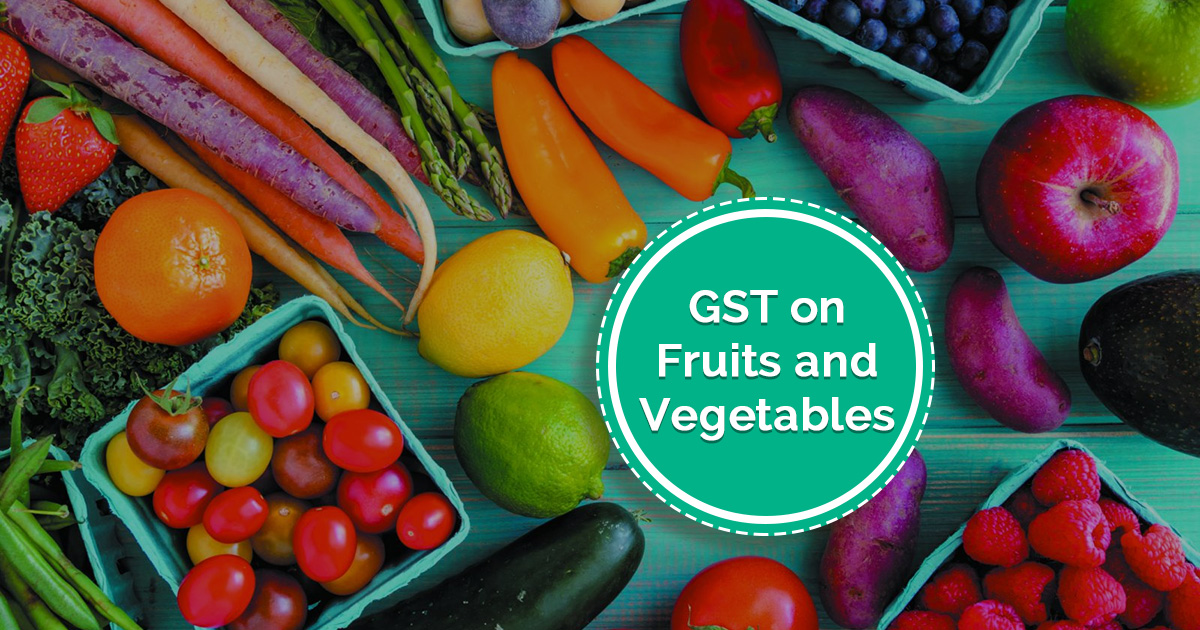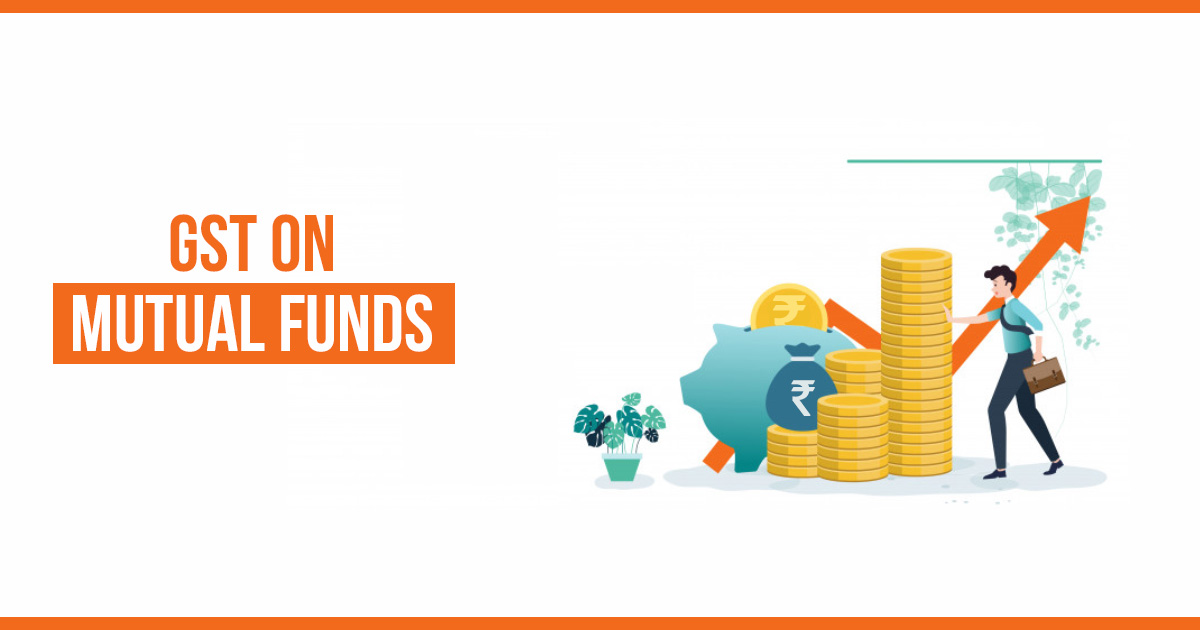The Authority for Advance Ruling (AAR) said that Goods and Services Tax (GST) will be attracted if free or complimentary tickets will be given by the franchise owner for IPL matches.
The owner and operator of IPL cricket team Kings XI Punjab, in return to an application filed by K P H Dream Cricket Pvt Ltd, the Punjab bench of AAR has stated that giving complimentary tickets in free of cost would be observed as the supply of services and tax will be applicable.
On the sale of IPL tickets, the GST tax rate is 18 percent.
On taxes paid for such complimentary tickets, K P H Dream Cricket will be eligible to assert input tax credit (ITC) only to some point of input and input service for such tickets, stated AAR.
If the applicant issues a ‘complimentary ticket’ to any person, the applicant is “certainly displaying an act of forbearance by tolerating persons who are receiving the services provided by the applicant without paying any money, which other persons not receiving such complimentary tickets would have to pay for” said AAR.
‘Token’ and ‘voucher’ will cover the complimentary tickets given to various person by K P H Dream Cricket, and as per GST laws the AAR said that the fiscal value of “forbearance would naturally be pegged to the amount of money charged from other persons not receiving the ‘complimentary tickets’ for availing the same services.”
Read Also: No GST Registration Needed For Co-Owner If Turnover Doesn’t Exceed 20 Lakh
“The applicant has clearly missed the import of clause (b) in the definition of ‘Consideration’ given in section 2(31) of the CGST Act, 2017 which certainly covers the activity of the applicant of giving ‘complimentary tickets’ to certain persons in the furtherance of his business and would thus be covered under scope of supply defined in Section 7(1)(a) of the CGST Act, 2017,” the AAR said.
Mentioning the orders, EY Tax Abhishek Jain said: “A levy of GST on free supply of services to unrelated parties is not envisaged under the GST law. The ruling is against the no GST position adopted by the industry on such transactions”.

